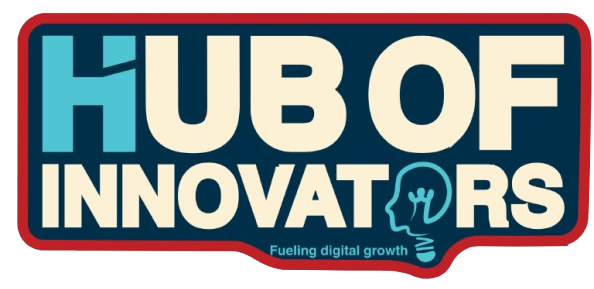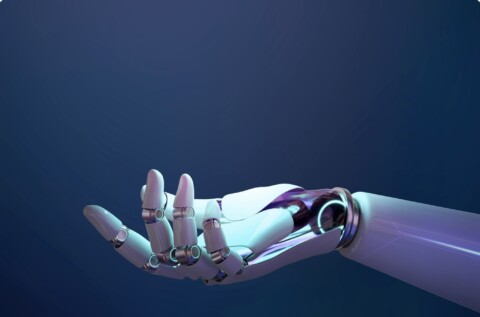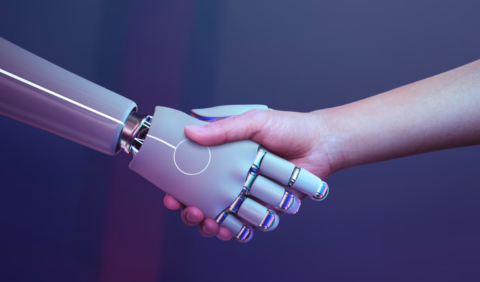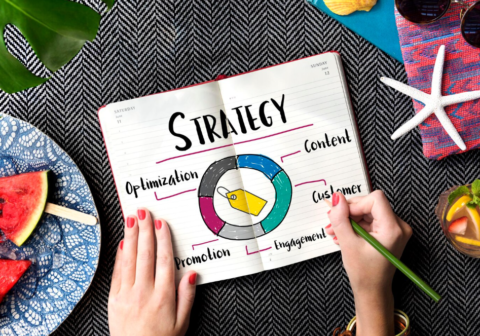AI has become the quiet co-worker in marketing departments everywhere. It doesn’t sit in meetings or brainstorm over coffee, but it’s there, sorting through data, suggesting ideas, and keeping the wheels turning long after everyone’s gone home. For marketers, it’s a bit like having an assistant who never gets tired, never misses a deadline, and always remembers every detail.
Still, as helpful as it is, AI isn’t a magic fix for every marketing challenge. It can speed things up, make campaigns more precise, and give you insights you didn’t have before. But it can’t replace the human touch—the empathy, creativity, and intuition that make people connect with brands in the first place.
This mix of strengths and limitations is exactly why AI is changing the way marketers work, not by taking over, but by working alongside them.
What Is AI Marketing?
AI marketing is the use of artificial intelligence tools and techniques to make marketing faster, more personalized, and more efficient. Instead of relying solely on manual work, marketers now use algorithms to analyze data, create content, predict customer behavior, and optimize campaigns in real time.
It’s not a replacement for human marketers—it’s more like having a tireless assistant who can work 24/7, process huge amounts of information instantly, and give you insights you can act on immediately.
Related article: Top AI Marketing Tools in 2025
How Does AI Marketing Work?
AI marketing works by combining automation, data analysis, and pattern recognition. Here’s how:
- Data Collection – AI gathers customer data from websites, apps, social media, and email campaigns.
- Analysis – It looks for patterns: what customers like, when they buy, and how they interact with content.
- Prediction – Based on past data, AI forecasts trends, customer needs, and the likelihood of someone making a purchase.
- Automation – It can automatically create and send content, adjust ad bids, or suggest next steps without constant manual intervention.
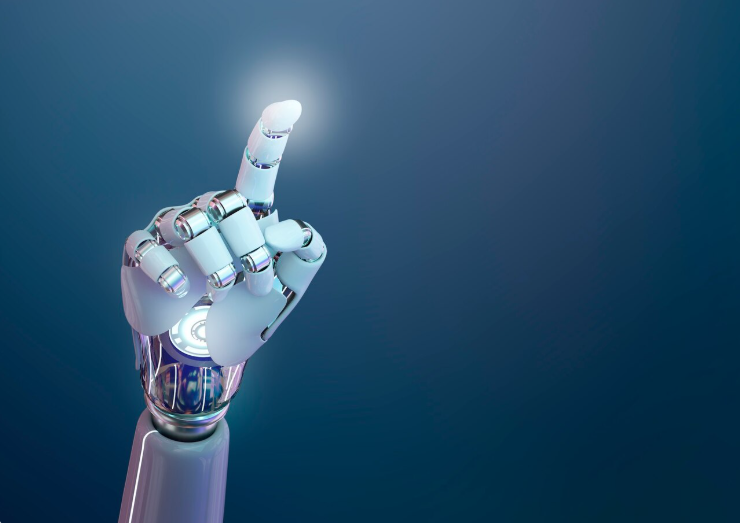
What Can AI Marketing Do Well?
1. Personalization at Scale
AI can create tailored messages for thousands of customers at once. For example, two people visiting the same website might see completely different product suggestions based on their browsing history.
2. Faster Content Creation
From ad headlines to product descriptions, AI can produce first drafts quickly. Marketers can then refine these drafts to match the brand’s style and tone.
3. Smarter Targeting
AI can identify high-value customer segments and show them the right message at the right time, boosting conversions without wasting ad spend.
4. Real-Time Optimization
Instead of waiting until a campaign ends, AI tools can track results in real time and adjust targeting, budget, or creative elements on the fly.
5. Predictive Insights
By studying past customer behavior, AI can help marketers anticipate future needs, s—like knowing when a customer is likely to reorder or which products might trend next season.
What AI Can’t Do Yet
1. Understand Human Emotion
AI can detect sentiment in text or voice, but it doesn’t truly “feel.” Emotional depth, empathy, and cultural awareness are still human strengths.
2. Create Groundbreaking Ideas
AI can remix existing content, but truly original campaigns—the kind that make people talk—usually come from human imagination, intuition, and risk-taking.
3. Replace Brand Vision
A brand’s identity is more than just logos and colors—it’s values, personality, and a long-term story. AI can follow guidelines, but shaping that vision still needs human leadership.
4. Build Genuine Relationships
Marketing isn’t just sending messages—it’s about trust and connection. AI can automate follow-ups, but it can’t replace real, thoughtful human interaction.
5. Overcome Bad Data
If the data is incomplete, biased, or outdated, AI will produce flawed results. This is why data quality is just as important as the tools you use.
Benefits of Using AI in Marketing
- Time Savings – Automates repetitive tasks so marketers can focus on strategy and creativity.
- Cost Efficiency – Reduces waste by targeting the right people at the right time.
- Better Decisions – Turns raw data into clear, actionable insights.
- Higher Engagement – Delivers personalized content that speaks directly to customer interests.
How to Use AI Marketing Wisely
- Start Small – Test AI on one area, like email personalization or ad targeting, before expanding.
- Always Review Output – Use AI for first drafts or recommendations, but refine with a human touch.
- Protect Brand Voice – Make sure AI-generated content stays consistent with your brand’s personality.
- Watch for Bias – Regularly check data sources and AI results for unintended bias or inaccuracies.
- Combine Human Creativity with AI Efficiency – Let AI handle the heavy lifting, but keep humans in charge of storytelling and strategy.
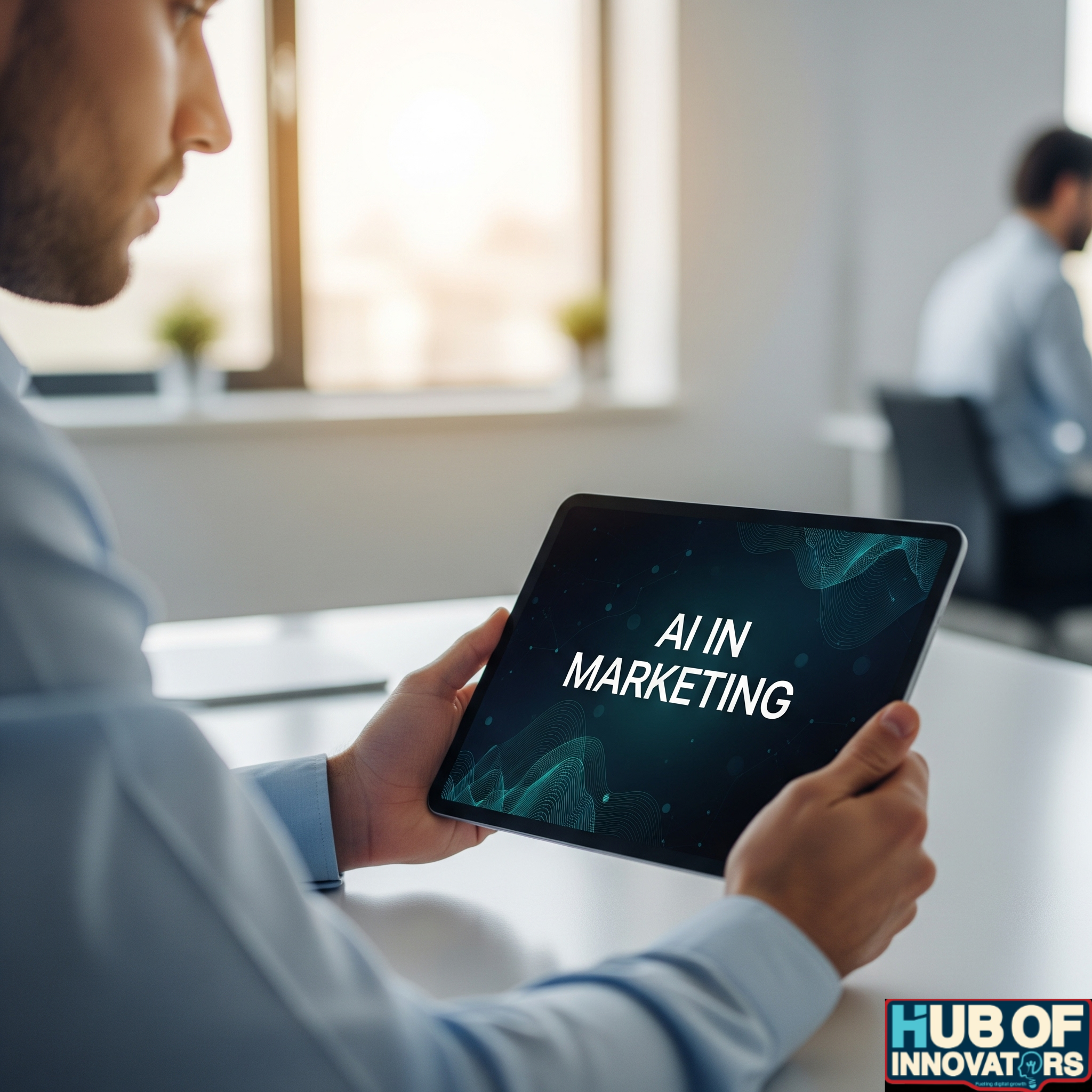
Conclusion
AI is becoming a valuable marketing assistant because it helps teams work faster, smarter, and with more precision. But it’s still a tool, not a replacement for human creativity, empathy, or strategic thinking.
The marketers who will succeed in the AI era are those who know when to let the machine take over—and when to step in themselves. By combining AI’s efficiency with human insight, you can create campaigns that are both data-driven and deeply human.

